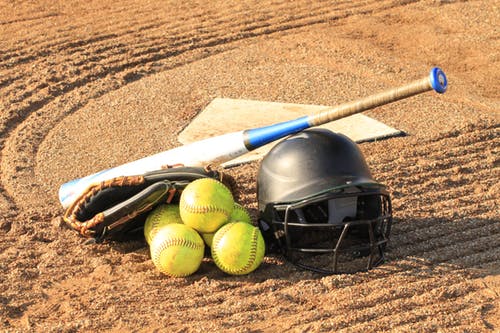Boredom. It is one of the biggest challenges people face in early recovery. If someone leaves the structure of treatment and returns home to spend all day alone and watching TV, they may be tempted to contact old drinking or using buddies to find some fun and get rid of the boredom.

For this reason, it is critical to incorporate fitness and leisure activities during treatment as a way to spark an individual’s life-long interest in sober activities. It may sound a bit strange, but people in early recovery need to be shown that it’s possible to have fun without the use of drugs or alcohol.
Types of Recreational Therapy
There’s a wide range of recreational therapies available in the addiction recovery space, such as:
- Yoga
- Volleyball
- Nature Hiking
- Fitness Classes
- Ping-Pong
- Sports (e.g. basketball)
- Meditation
- Music therapy (drum circles, guitar, keyboards)
- Art therapies (arts and crafts, painting)
- Animal therapy
How Does Recreational Therapy Work?
It’s one thing to learn about overcoming addiction, but it’s quite another to go deeper and learn more about yourself. When you engage in fun activities, you’re more inclined to reduce stress, let your defenses down and enjoy yourself. You get to see another side of yourself, outside of your everyday pursuits. Some people who engage in recreational activities report a newfound passion for a hobby. Others felt happier engaging in activities they’d never tried before.
Recreation can be a path toward further emotional healing, increasing your chances of long-lasting recovery. You’ll learn important life lessons, such as:
Letting yourself try new things without getting caught up in whether you’ll do it right or wrong. These are just a few skills you can acquire through recreational therapy:
Connecting more authentically with others
Asking for assistance when you need it
Building team and social skills
Learning outlets for anxiety or anger issues in a healthy way
Learning effective problem-solving skills
Giving you a boost of self-confidence
When people think about drug addiction treatment centers, they often picture classes or groups solely focusing on addiction or counseling. While some time is spent on these types of treatment programs, many rehabs offer a wide range of therapeutic recreational activities that add value to both your physical and mental health.
Importance of Fitness
Exercise contributes to noticeable improvements in self-esteem and increased dedication to recovery. By setting and achieving short-term fitness goals, individuals realize they can accomplish things they previously believed were impossible for them. Through guidance from exercise physiologists and counselors, participants take this new sense of accomplishment and use it as the boost of self-esteem they need to accomplish long-term sobriety.
Importance of Outdoor Recreation
The restorative effects of nature are very powerful and can be highly therapeutic, especially to those in treatment for drug or alcohol abuse. Outdoor recreation during treatment provides individuals with the chance to rest and refocus their energies on their recovery.
Benefits of outdoor recreation include reduced stress levels, increased attention span, improved relaxation, decreased anxiety, reduced blood pressure, and decreased risk of depression.
Where Your Loved One Can Seek Addiction Treatment
If your loved one has been struggling with addiction, Pinnacle Peak can help. Here, at Pinnacle Peak Recovery, we provide a small, family-like environment for those seeking recovery from addiction. During their time in our program, clients will learn how to stay sober and rebuild a life that’s worth living.
Some of the various addiction treatment programs we offer here include the following:
- Inpatient drug rehab
- Partial hospitalization program
- Intensive outpatient program
- Strong alumni community
Call Pinnacle Peak Recovery today at 866-377-4761 to help your loved one receive the treatment they deserve.

